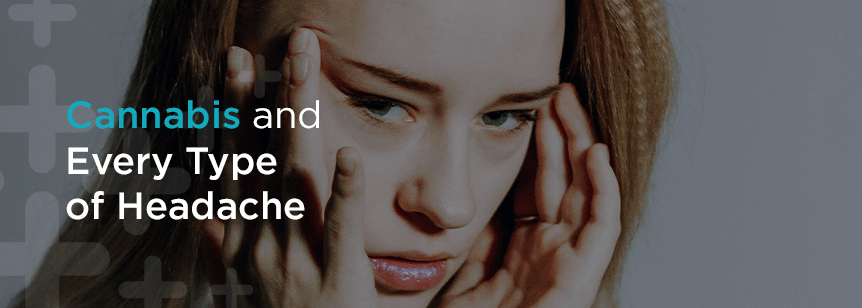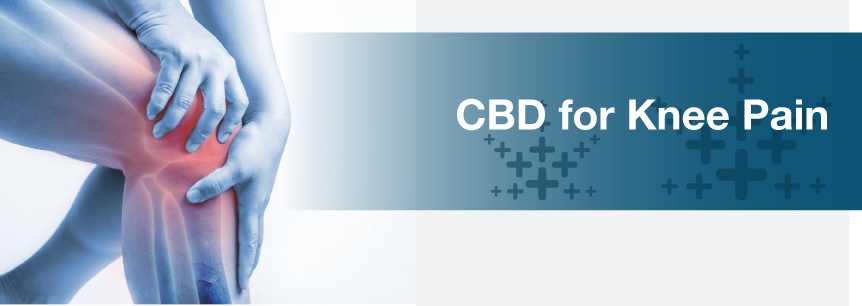In many ways, the story of cannabis and mental illness is a study in irony. For decades, society has stigmatized and vilified the substance as a cause of psychosis and a driver of mental instability. Yet, as science has caught up to anecdote, cannabis has become one of the most promising therapeutic tools for the very same conditions it was once accused of creating.
The shift in perspective reveals a profound truth: society once saw it as a harmful recreational drug, but now recognizes it as a powerful medical treatment in the right context.
This is why certifying programs and physicians now recognize a growing number of mental health conditions as valid reasons to seek a medical card. Post-traumatic stress disorder (PTSD), for one, is the most widely and consistently recognized mental qualifying condition.
Many states have also expanded their criteria to include a broader range of psychiatric diagnoses. Some of these conditions include: generalized anxiety disorder, obsessive-compulsive disorder (OCD), Tourette syndrome, and even severe depression.
Can mental illness qualify you for medical marijuana?
Yes, mental health conditions (preferred terminology) or mental illnesses can qualify a person for a medical marijuana card. A growing body of research now highlights its potential therapeutic role in managing a variety of mental health conditions.
Many medical professionals and state programs now recognize that the severe, debilitating nature of certain mental illnesses can warrant the use of medical cannabis as a treatment option, particularly when conventional therapies have proven ineffective.
Authorities often tie the approval to the severity of the symptoms. For example, while medical boards accept PTSD as a qualifying condition, many states also approve a broader range of disorders that cause significant impairment.
Compounds in cannabis, such as cannabidiol (CBD), can directly and indirectly interact with the body’s endocannabinoid system to help regulate mood and stress, offering a potential avenue for relief. This evolving understanding of cannabis’s role in the brain has helped to destigmatize its use for mental health, even as researchers continue to study potential risks and long-term effects.
What mental health conditions are most commonly approved?
The first and most widely recognized mental health condition is PTSD, which is on the qualifying conditions list in a vast majority of states that have a medical cannabis program.
Secondly, anxiety is often the single most common reason people seek a medical card for a mental health condition. A 2024 survey shows that nearly half of medical cannabis consumers use it to treat anxiety, with a significant number also reporting use for depression.
Beyond these, other conditions like OCD and even Tourette syndrome are also gaining approval in a number of states.
Does anxiety qualify for medical marijuana?
Yes, anxiety is now widely recognized as a qualifying condition for a medical marijuana card in many states. This is a direct result of both a growing clinical understanding of anxiety’s debilitating effects and an exploration into how cannabis interacts with the body’s systems to provide therapeutic relief.
Compounds in cannabis, particularly CBD and CBG, have a calming effect on the nervous system and may reduce feelings of tension, stress, and anxiety. At lower doses, even tetrahydrocannabidiol (THC) may offer anxiety-reducing (anxiolytic) benefits.
However, a doctor’s guidance is crucial in finding the right balance for an individual’s unique needs. It is easy for beginners to take too much THC and accidentally trigger anxiety or a panic attack, but rest assured THC overdose is nonfatal by itself.
Anxiety is typically a chronic condition that may severely impact daily function, and its growing acceptance as a qualifying condition shows this shift in the recent culture of managing mental illness with medical marijuana as a genuine medical concern.
Although specific mental health qualifying diagnoses can vary by state, many programs also include generalized anxiety disorder (GAD), social anxiety disorder, and panic disorder on their lists.
Can PTSD patients get a medical marijuana card?
Yes, patients with PTSD can get a medical marijuana card. In fact, medical boards commonly approve PTSD as a condition across all medical cannabis programs in the United States and other countries.
The reason for this widespread approval stems from how cannabis may help manage the core symptoms of PTSD. Cannabis may help alleviate the severe anxiety and hypervigilance associated with the condition.
Furthermore, cannabis may also help address the sleep disturbances that are a hallmark of PTSD, including nightmares and insomnia, by helping to calm the nervous system and promote rest. This makes medical cannabis an important therapeutic option, especially for the significant number of patients whose symptoms do not respond to conventional first-line treatments like psychotherapy and antidepressants.
Does depression qualify for medical marijuana treatment?
Yes, depression is being recognized as a qualifying condition for medical marijuana, though its approval is not anywhere near as common as for conditions like PTSD.
At this time, only one state, Alabama, recognizes depression as a qualifying illness. However, there are a handful of states and DC where the provider may decide if their condition, mental or physical, is debilitating enough or could benefit from cannabis.
A 2022 patient survey finds that cannabis, particularly products rich in CBD, are associated with a significant reduction in the severity of depressive symptoms for the majority of respondents.
Its therapeutic effects lie in its interaction with the brain’s endocannabinoid system (ECS), which helps to regulate mood and emotional responses. By influencing this system, cannabis can offer a potential new avenue for therapeutic relief from the pervasive feelings of despair and lack of motivation that are hallmarks of severe depression. Cannabinoids and terpenes also work on non-CB targets like serotonin and dopamine receptors to enhance mood as well.
READ: The Truth About Cannabis and Mental Health
Frequently Asked Questions
Can you get medical marijuana for anxiety or depression?
Yes, you can get medical marijuana for anxiety or depression in many states, though the approval depends on the severity of the conditions and the specific state laws.
Many medical programs also recognize that severe anxiety and depression can be debilitating and are physician-validated reasons for a medical cannabis recommendation, especially when other treatments have failed.
Is PTSD a qualifying mental health condition for medical marijuana?
Yes, PTSD is a qualifying mental health condition for medical marijuana in a majority of states with medical cannabis programs. Its use is supported by many preclinical and clinical studies for managing core symptoms.
Patient advocacy and a growing body of research have made it one of the most widely recognized and commonly approved conditions, as they demonstrate its potential to help alleviate the disorder’s severe symptoms.
Does insomnia count as a mental health condition for medical marijuana?
No, insomnia itself is not typically listed as a stand-alone qualifying mental health condition for medical marijuana. However, they often recognize it as a secondary major symptom of other approved conditions, such as chronic pain, PTSD, and severe anxiety.
It is a very common reason that patients are approved for a medical card. Doctors often consider a patient’s inability to sleep as part of the overall clinical picture of their debilitating condition.
Do all states allow mental illness as a qualifying condition?
No, not all states allow mental illness as a qualifying condition for medical marijuana.
For example, most states recognize PTSD as a qualifying condition, but only a limited number specifically list anxiety, and only one does for depression.
How does medical marijuana help with mental illness?
Medical marijuana helps with mental illness by interacting with the body’s natural regulatory system, known as the ECS. Compounds in cannabis, such as CBD and THC, can influence this system to help regulate mood, reduce stress responses, and restore emotional balance. This process may alleviate symptoms of anxiety, depression, and PTSD, providing a sense of calm and well-being.
Additionally, they also work outside the endocannabinoid system on several other important mood and inflammation-regulating targets like dopamine and serotonin receptors in what’s now called the endocannabinoidome (eCBome).
Can minors with mental illness qualify for medical cannabis?
Yes, in a limited number of states, minors can get a medical cannabis card for a mental illness, but with significant restrictions. The approval is generally reserved for severe, debilitating conditions like autism spectrum disorder (ASD) with behavioral issues, Tourette syndrome, and sometimes treatment-resistant forms of other conditions.
The process requires strict protocols, including parental consent, multiple physician recommendations, and proof that conventional treatments have failed. Due to concerns about the potential impact of THC on a developing brain, many programs for minors focus on CBD-rich products and require close medical supervision.
Do you need psychiatric records to apply for MMJ with mental illness?
Yes, you will need psychiatric records to apply for a medical marijuana card for a mental illness. A certifying physician needs to see documentation of a diagnosis and a history of treatment to prove a “medically determinable impairment.”
This evidence is typically found in patient notes from a psychiatrist, psychologist, or licensed therapist. It also helps to show that conventional treatments have been tried and have failed.
What happens if your mental illness isn’t listed as a qualifying condition?
In many states, a doctor may have the discretion to recommend cannabis for a “debilitating or terminal condition” if they believe the benefits outweigh the potential risks.
In other states, a patient may need to submit a petition to a compassionate use board, which will review the case with the assistance of a physician.






